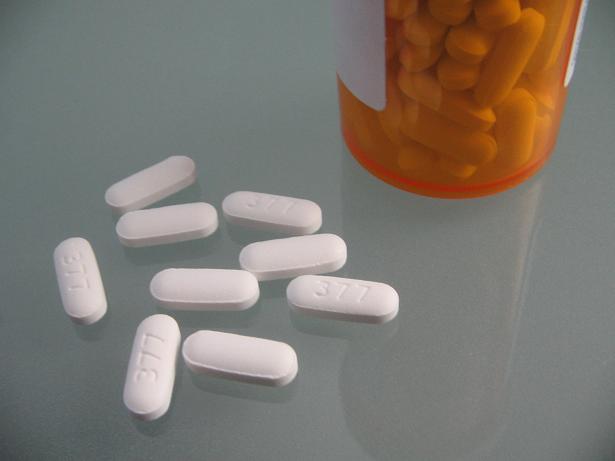The nationwide opioid crisis continues to batter the Lone Star State, with both rural and urban parts of Texas experiencing record numbers of opioid-related overdoses. In 2016, nearly 3,000 Texans died of drug overdoses, with 1,375 of these deaths directly attributable to opioids.
As part of a multifaceted response to this problem, Texas public health officials have recently launched a website designed to provide information and addiction treatment assistance to anyone who may have questions on how to dispose of unwanted opioids, how to seek addiction recovery assistance, or how to help a loved one who may be in the throes of addiction themselves.
Meanwhile, law enforcement agencies in El Paso and the surrounding areas have begun to distribute free prescription drug disposal bags at all police stations in El Paso, Socorro, and Horizon City. Officials hope that these efforts will begin to slow the tide of opioid-related overdoses and the many collateral consequences of drug addiction.
What is Dose of Reality?
Texas’s new drug education website, called Dose of Reality, is modeled after similar websites that have been used in other states. It offers resources such as a map showing unused prescription drop-off sites, an addiction hotline, and information for parents, educators, and healthcare workers who may either struggle with drug addiction themselves or know someone who is in need of help. Texas officials hope that this statewide website, in combination with local and regional efforts, can work to reduce the number of drug-related fatalities across the state.
Will Deterra Bag Distribution Help?
El Paso has rolled out a Deterra distribution program on a “no questions asked” basis at all local police stations. Although this program was rolled out only six months ago, officials indicate that nearly three-quarters of the initial order of Deterra bags have already been distributed in the El Paso area. This part of the state is no stranger to opioid overdoses; last year, there was nearly one prescription drug-related overdose in El Paso every day, with more than 100 local residents suffering fatal overdoses.
These unique bags allow for the disposal of potentially harmful drugs in a way that neither pollutes Texas groundwater nor makes these bags attractive targets for theft—unlike other disposal efforts, these bags actually deactivate the drugs. Users place pills into the bag’s pouch, then add warm water; within just a few minutes, the drugs are stripped of their potentially harmful capabilities and can be disposed with other trash.
This innovative method of opioid disposal could be groundbreaking when it comes to promoting addiction recovery efforts. Because opioids are often prescribed during hospice care, many family members find themselves at a loss as far as what to do with leftover medication. Flushing pills down the toilet can be problematic, as wastewater treatment facilities aren’t generally equipped to remove opioids from the water supply. And simply throwing these pills in the trash runs the risk that they’ll fall into the wrong hands.
By taking advantage of the free Deterra bags available, Texas residents can do even more to keep opioids and other potentially harmful prescription drugs out of the supply-and-demand pipeline.

